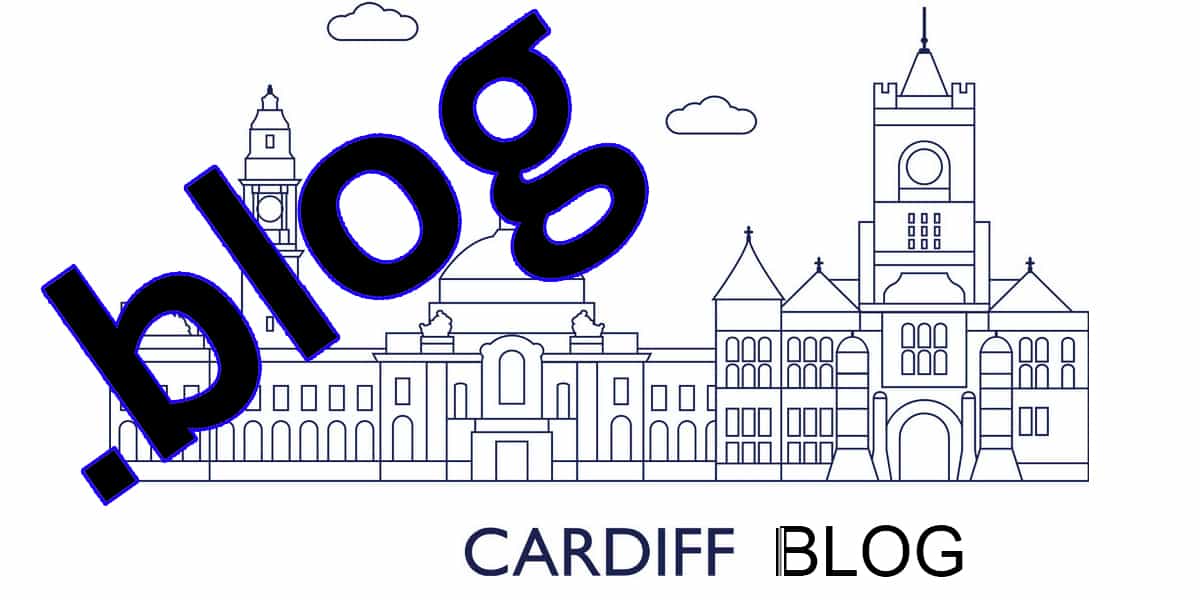Welsh Language 2025
Welsh Language Introduction
The Welsh language, known as Cymraeg, is one of Europe’s oldest living languages and stands as a proud symbol of Welsh identity and heritage. In 2025, the language continues to flourish with growing numbers of speakers, stronger educational programs, and expanding cultural influence across Wales and beyond. The Welsh language brings communities together, preserving a deep history while embracing modern development. It is used in classrooms, workplaces, media, and daily life, reflecting the nation’s determination to keep this remarkable linguistic tradition thriving for future generations.
All about Welsh Language
The Welsh language has endured centuries of change, from ancient Celtic origins to its modern revival in the digital age. Historically rooted in oral storytelling, poetry, and song, Welsh has evolved into a contemporary language of education, technology, and media. Today, bilingualism forms a central part of Welsh life, supported by the government, educational initiatives, and cultural organizations. The language is a vital part of the nation’s identity, connecting people to the landscape, history, and traditions of Wales. Its continued growth demonstrates how language can remain relevant in a globalized world while maintaining its cultural roots.
History and Origins of the Welsh Language
The origins of the Welsh language can be traced back nearly 1,500 years to the Brythonic branch of Celtic languages spoken across ancient Britain. Over time, Welsh became distinct, spreading through rural communities and shaping the identity of early Wales. Despite historical challenges, including English dominance and political union, the language survived through oral tradition, literature, and community pride. By the 20th century, national movements began to protect and promote Welsh, leading to its official recognition and inclusion in education. This heritage continues to inspire modern learners and linguistic scholars alike.
Modern Growth and Education
Education plays a central role in the revival and development of the Welsh language. Schools across Wales increasingly offer bilingual curricula, allowing students to grow up fluent in both Welsh and English. The government’s vision aims to reach one million Welsh speakers by championing the language through schooling, community programs, and digital learning platforms. Universities and cultural institutions also contribute by offering degrees and research in linguistics and literature. In 2025, technology plays a key part, with apps, online lessons, and virtual learning tools making Welsh accessible to learners worldwide.
Welsh Language in Media and Technology
The digital age has transformed how Welsh is shared and learned. Welsh-language television, radio, and online platforms provide engaging content ranging from news broadcasts to entertainment shows. Social media encourages daily use of Welsh phrases, while digital publications and podcasts bring modern perspectives to traditional storytelling. Online translation tools and voice recognition software include more bilingual features than ever before. These innovations ensure that the Welsh language not only survives but thrives in modern communication, keeping it relevant to younger generations across the world.
Culture, Identity, and Everyday Use
The Welsh language is deeply intertwined with the country’s culture and sense of belonging. It appears in literature, music, theatre, and national celebrations like the Eisteddfod, where poetry and performance competitions showcase linguistic beauty. In everyday life, Welsh is heard in schools, markets, local businesses, and family homes, reflecting its role as both a historical and contemporary language. Street signs, official documents, and public transport announcements are bilingual, reinforcing inclusivity and pride. This visible presence strengthens community ties and ensures that visitors and residents alike can appreciate the language’s value.
Global Influence and International Outreach
While the Welsh language remains central to Wales, it also enjoys growing international recognition. Diaspora communities and global learners are increasingly embracing Welsh through online courses and cultural events. Partnerships between Welsh and international cultural institutions promote linguistic exchange and research collaboration. The worldwide interest in learning indigenous languages has positioned Welsh as a model for successful language preservation. Its combination of modern accessibility and ancient roots inspires advocates and linguists globally, showcasing Wales as a leader in cultural sustainability.
Preservation and the Future of Welsh
Preserving the Welsh language involves a collective effort between government, educators, communities, and individuals. Language policies, broadcasting initiatives, and local engagement projects all contribute to its continued success. Welsh-speaking areas remain strong in rural and urban communities alike, while young speakers are championing the language in business and technology. In 2025, the focus extends toward creating global networks and ensuring that the next generation can use Welsh confidently in every aspect of life. This forward-looking approach combines tradition with progress, making Welsh a living language that continues to evolve.
Welsh Language Summary
In 2025, the Welsh language stands as a vibrant expression of national pride, unity, and creativity. Rooted in history yet evolving with technology, it continues to connect people through culture, communication, and shared identity. Its survival and growth symbolize the power of resilience and cultural preservation. Whether spoken in classrooms, broadcast worldwide, or shared across social platforms, Welsh remains an enduring part of Wales’ story—a language that speaks to the heart of its people and the spirit of the nation.
